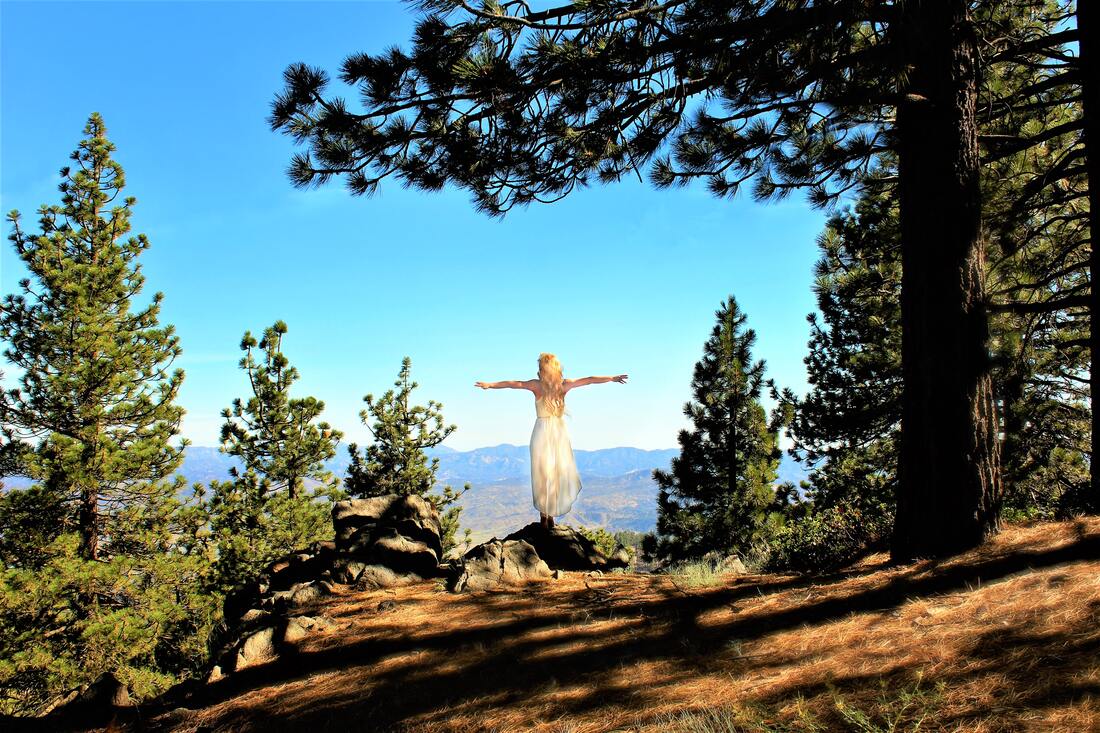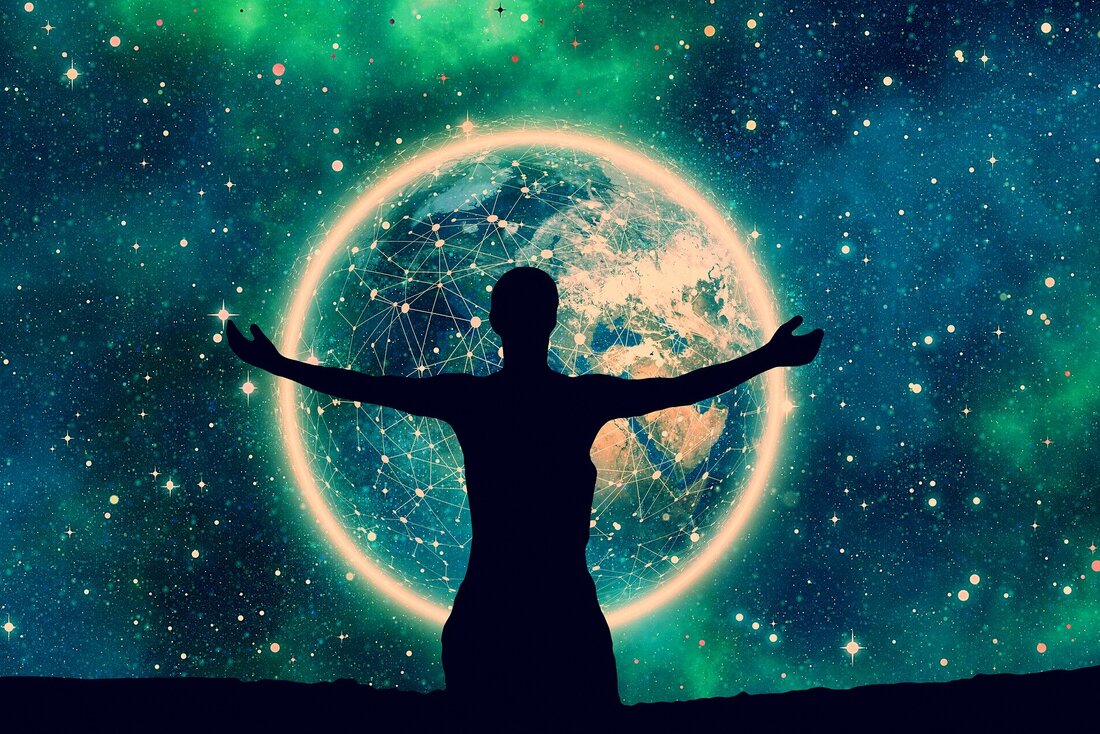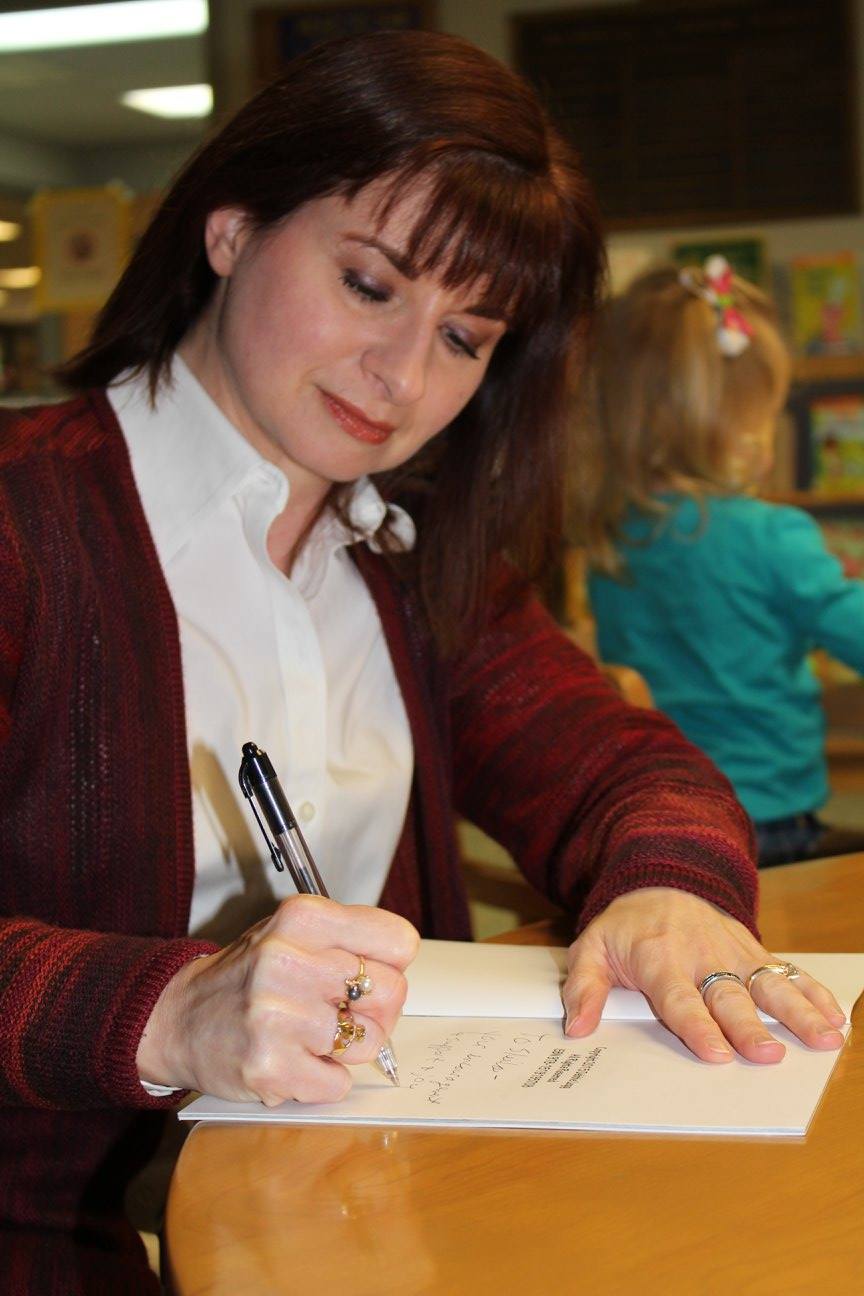 Photo by Elisabeth Wales on Unsplash There’s only one reason you are going to read the next line:
Motivation. See? You did it! I piqued your natural curiosity to motivate you to read further, you trusted me to deliver, and here we are. Way to go, us! But what truly motivates you? I’m internally (sometimes eternally) motivated by a sense of accomplishment. I love crossing off TO DO list tasks. I use paper because it’s so much more satisfying to kill those things with a pen rather than deleting off a device. In fact, I have been known to get most of the way through a day, notice I’ve marked nothing off, then write down a few things I did do so that I can scratch them out of existence. I don’t get paid for this, but let’s say I did. That would be an external motivator. You’d think that having internal and external motivators would make me doubly productive, right? Nope. The external motivation has the opposite effect. Science has been telling us for 50 years that people aren’t primarily motivated by external factors but by internal factors, including trust. Unfortunately, the business world has largely ignored this truth. Daniel Pink, in his bestselling book DRiVE: The Surprising Truth About What Motivates Us, explains it. The external motivation many businesses have and still use is what he calls Carrots and Sticks. It’s your basic reward and punishment scenario. Do well, get a bonus. Do poorly, get fired. Little if any thought is paid to true motivation. It’s same old same old. Pink says the driving force for self-motivation is internal satisfaction. There are three components to this – Autonomy, Mastery, and Purpose. Autonomy is the freedom to decide what you work on, when you work on it, with whom, and how. Mastery is getting better at something that matters to you. The key is it matters, to you. No one wants to get better at pushing paper. The power of small wins fits this category. Purpose is contributing to and belonging to a cause greater and longer lasting than yourself. Fill those three elements and you’ve got some motivation going. But why this is true for human beings? I discovered that those three principles are foundational to the systems of nature. Since humans are part of nature, what works for nature works for us. An example is photosynthesis. As a quick refresher to your grade school science class, all of life on earth requires oxygen. Animals and bacteria take in oxygen and release carbon dioxide, and plants take in carbon dioxide and release oxygen. The cycle has worked really well since life began on this planet. If it didn’t, we wouldn’t be here. How does photosynthesis relate to Pink’s findings? Each part of the cycle has a purpose. It’s necessary. If we lose either plants, bacteria, or animals, the entire system falls apart. And we won’t be here. For autonomy, each part is free to live and thrive in its own way, own place, own time. As for mastery? This one absolutely flabbergasts me. With no overarching structure or control, the various parts manage to keep the oxygen level in the world-wide atmosphere consistently at just under 21%. How that is possible with each part simply doing its thing, living its life, inhaling and exhaling, and it just works…I can’t even. Truly astonishing. That’s a lot of information. Are you on left brain overload? Let’s engage our right brains with a story. In the beginning, God created the heavens, the earth, the universe, and all we see. He thought it was all great but something was missing. He needed someone to take care of things. Thus the idea to create humans was born, and so they were (I wish creating things was that easy for me). He set those two humans in a beautiful garden, then told them to work well, make babies, move everyone around the planet, and keep going. And eat whatever they wanted in the garden but not from that one tree. He said he’d be back to check on them and help out where they wanted. How does this illustrate what Pink says? According to the story, people were made for a purpose. Everything in nature has a place and purpose, so it only makes sense that people do, too. As far as mastery, with an entire planet of firsts, experiences, and challenges, they could do nothing but tackle them and improve. Autonomy? God gave them four Do’s and one Don’t. That’s it. Not ten commandments, not a bunch of laws. They had complete freedom over what to do, when to do it, and how. They did have a limitation on who they could do it with since there were only two of them, but I don’t imagine they minded. Of course, there was that one Don’t, and you know how that turned out. Which brings us to the foundational principle that underlies all motivations, systems, and stories: Trust. Trust is the foundation for any kind of workable relationship, whether it’s Creator and Created trusting each other in figuring out how to take care of the earth, animals trusting plants to make oxygen and plants trusting animals to make carbon dioxide, or bosses and employees trusting each other to work hard without external motivators like carrots and sticks. If I know you trust me with something, I’m going to work a lot harder to be sure I do it well. That’s just the way people work. Trust is built over time, with experience, and must be earned. To build it, tell the truth. Do what you say you’ll do. Follow up. Be kind. Admit when you’re wrong or don’t know something. Explain gently. The more we build trust, trust ourselves, and find our own motivation, the more efficient, effective, and fulfilled we will be in work and life. And when you have those three things, you will change, your world will change, and the world will change, for the better.
0 Comments
 Image by Gerd Altmann from Pixabay I was on my way to a wedding when I first pressed Play on my new Audible book. By the time I got to the venue an hour and a half later my mind was exploding. I vividly recall sliding into the pew next to my friend and saying, “If everyone would read this book and actually do what it said, it would change the world.”
That book was Brene Brown’s Braving the Wilderness. Audible had been featuring it in my recommended list for weeks and I finally was able to dig in. Brene’s wisdom and how to’s on building trust, belonging, and connection are more than sorely needed in this season. I’m clearly not the only one who thinks so as it’s a New York Times Bestseller. As soon as I finished it, I wanted to dive back in. I also knew I needed some time to process and let my little gray cells connect all the dots. I was out of Audible credits so I pulled up a book I’d already read, Greg McKeown’s Essentialism, another NYT Bestseller. I love listening to his wonderful British accent, but I especially love his message: How to find your Point of Highest Contribution and structure your life to do it and nothing else. I learn something new each time I dig in. I was about two-thirds of the way through when lightning struck the cranium, dots began to connect, and a rabbit hole emerged. What if we took Brene Brown’s message and married it to Greg McKeown’s methodology? What if we made belonging and connection our relational points of highest contribution, and structured our lives to make them all but automatic? That would change the world. I didn’t just follow the rabbit down this hole, I dove, and the world I discovered is far more amazing than Alice’s Wonderland could ever dream of being. One of my discoveries is that the reason Braving the Wilderness and Essentialism are best sellers is because belonging, connection, and contribution are deep human needs. And the reason these needs resonate so deeply in us is because they are echoes of the fundamental principles, the essential truths, of way things work in Nature. You see, everything in Nature belongs. There is nothing extra, no holes, no waste. Everything has a purpose and a place. Everything in Nature is connected. From the smallest, simplest of systems to large and complex ecosystems to the whole of life on earth, every part influences some other part. It all works together. Everything in Nature has a contribution to make. Every part receives from the system and contributes back to it, each in its own unique way. If you’ve ever seen Disney’s The Lion King (either the original 1994 animated version or the 2019 live action) you’ve seen the scene where King Mufasa is showing his son, Simba, the kingdom that will one day be his. He gives this guidance: Mufasa: Everything you see exists together in a delicate balance. As king, you need to understand that balance and respect the creatures, from the crawling ant, to the leaping antelope. Simba: But Dad, don’t we eat the antelope? Mufasa: Yes, Simba, but let me explain. When we die, our bodies become the grass, and the antelope eat the grass, and so we are all connected in the great circle of life. “All connected in the great circle of life.” Let’s ponder that a moment. Human beings are part of the circle of life, although we focus more on being the top of the food chain than part of the circle. Both aspects are true, but our emphasis on one over the other has skewed our sense of self-importance. If we would stop looking from above it all to within it all, from focusing on our narrow pedestal to paying attention to the whole system, we would be able to see the fundamental truths of ourselves in relation to all of Nature, and we would rediscover some amazing things we’ve forgotten. We belong. We are connected. We have unique contributions to make. It doesn’t matter if we feel like we do or not, if we see it or not. The fact is we do, we are, and we do, because that’s the way things work on planet Earth. Belonging, connection, and contribution are the default. Any other option is impossible. That’s the Truth. But wait, there’s more. Human beings have something no other part of Nature has: the ability to choose. No other life form has that dignity, or responsibility. The way it looks to me, humans have been choosing our own nature versus all of nature for a long time. Embrace these truths. Pursue belonging, connection, and contribution, not only with your fellow humans, but in the context of all of Nature, all of Life. Then find out where, how, and when. Where are all the places I belong? How can I best be connected? What is my unique contribution, or contributions? Perhaps most importantly, when can I get started finding out? It can be right now. It can be a year from now. It can be never. It’s your choice. Pursuing these truths of Nature will challenge and grow you in more ways than you can know right now. It’s a journey. Simple, but not easy. Process, not quick fix. Why not start now? Pay attention. Ponder. Pursue. Then let me know how it’s going and how I can help. It’s not only Brene Brown and Greg McKeown who can make unique contributions that are changing the world. You can, too. |
Applying nature's principles and systems to personal and cultural development.About CommentsI love to read comments and know how my work is helping you. Please respond with your first AND last names. Anonymous comments will not be read and may be deleted.
Archives
July 2022
Categories
All
|

 RSS Feed
RSS Feed